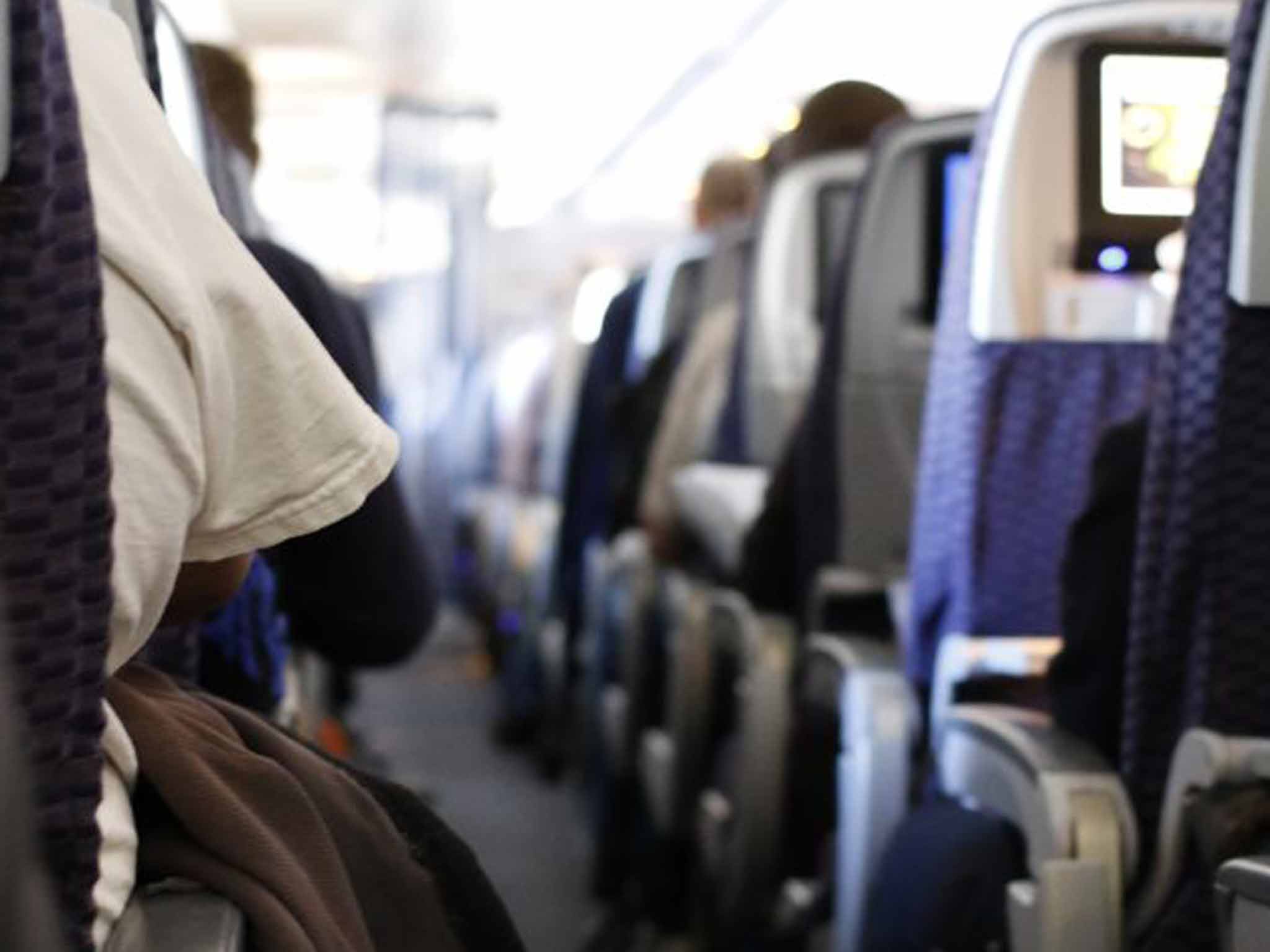Why planes dim their lights when landing, according to a pilot
A pilot has finally revealed the answer

The custom of dimming lights for landing is a security measure which has long perplexed many aeroplane passengers. Many travellers are unclear if it’s meant to force those on board to put down their books or phones and pay attention, or if the lighting is simply a ploy by airline staff to ensure a dramatic finale when they finally touch down.
However, a pilot has finally revealed why the lights go out as soon as an aeroplane descends- and it’s a much more important safety measure than first meets the eye.
Pilot Chris Cooke, who flies with a major domestic airline, has told Travel + Leisure magazine that the procedure is a precautionary measure that allows passengers’ eyes to adjust more quickly to darkness. This is in case something goes wrong on descent and an emergency evacuation is suddenly required.
He explains: “Imagine being in an unfamiliar bright room filled with obstacles when someone turns off the lights and asks you to exit quickly.”
He added that passengers are also asked to leave blinds up upon descent for similar reasons. Unobstructed windows can bring in natural light in case lights are suddenly cut out and help guide passengers to safety.
Join our commenting forum
Join thought-provoking conversations, follow other Independent readers and see their replies
0Comments